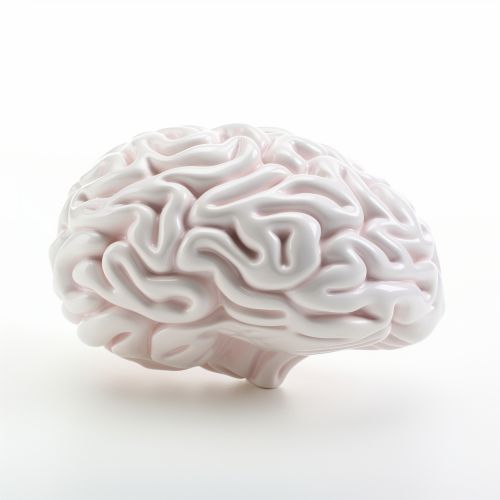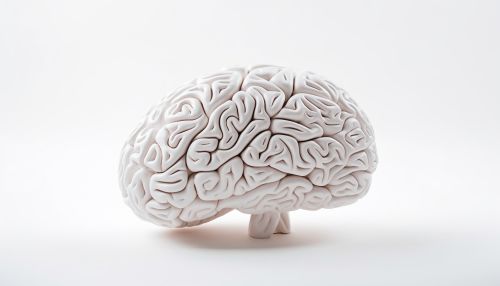The Science of Human Cognitive Styles in Perception of Time
Overview
Human cognitive styles in the perception of time is a field of study within cognitive psychology that examines how individuals perceive, interpret, and understand the concept of time. This field is interdisciplinary, drawing on insights from psychology, neuroscience, philosophy, and other areas of study. It explores the cognitive processes involved in time perception, including attention, memory, and decision-making.


Cognitive Styles
Cognitive styles refer to the preferred way an individual processes information. They are thought to be innate, relatively stable over time, and shape how a person thinks, perceives, remembers, and solves problems. Cognitive styles can vary significantly among individuals and can influence various aspects of behavior, including the perception of time.
Field Dependence-Independence
Field dependence-independence is a cognitive style that describes the extent to which an individual's perception is affected by the surrounding context. Field-dependent individuals tend to perceive time as a whole, while field-independent individuals perceive time in a more segmented and analytical way.
Holistic-Analytic
The holistic-analytic cognitive style refers to how individuals process information. Holistic thinkers perceive time as a continuous flow, while analytic thinkers perceive time as a series of discrete moments.
Reflectivity-Impulsivity
Reflectivity and impulsivity are cognitive styles related to the speed and accuracy of information processing. Reflective individuals tend to perceive time as passing slowly, while impulsive individuals often perceive time as passing quickly.


Time Perception
Time perception is the subjective experience of time, which is measured by someone's own perception of the duration of the indefinite and continuous unfolding of events. The perceived time interval between two successive events is referred to as perceived duration.
Time Perception and Age
Research has shown that age can significantly impact the perception of time. For example, older adults often report that time seems to pass more quickly than it does for younger individuals.
Time Perception and Emotion
Emotions can also influence time perception. For instance, when individuals are in a state of fear, time seems to slow down, whereas time seems to speed up when individuals are bored.
Time Perception and Attention
Attention plays a crucial role in time perception. When individuals are highly focused or attentive, they tend to perceive time as passing more slowly than when they are distracted or inattentive.


Cognitive Processes Involved in Time Perception
Several cognitive processes are involved in the perception of time, including attention, memory, and decision-making.
Attention
Attention is a cognitive process that allows individuals to focus on specific information while ignoring other information. It plays a crucial role in time perception, as it influences the amount of information processed in a given time period.
Memory
Memory also plays a critical role in time perception. Past experiences stored in memory can influence how individuals perceive the duration of events.
Decision-Making
Decision-making is another cognitive process involved in time perception. Decisions about the passage of time are often based on the information available in memory and the current attentional focus.


Implications
Understanding human cognitive styles in the perception of time has several implications. It can help improve time management strategies, enhance productivity, and inform the design of technologies and environments that align with our cognitive styles. Moreover, it can contribute to the development of interventions for individuals with time perception disorders.
